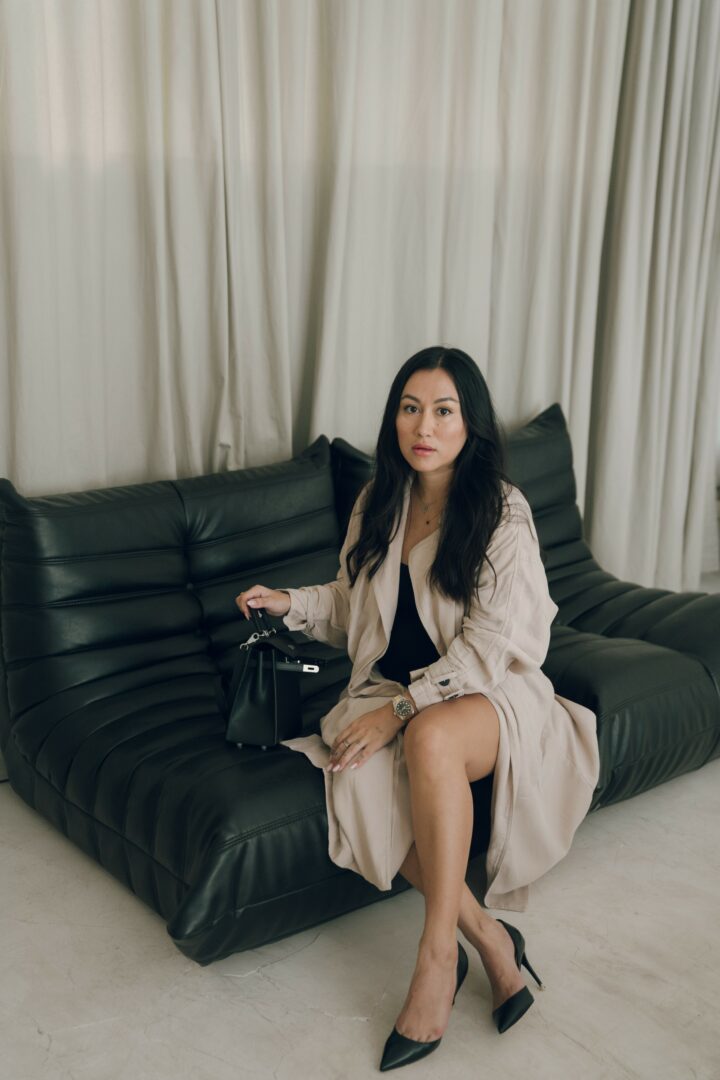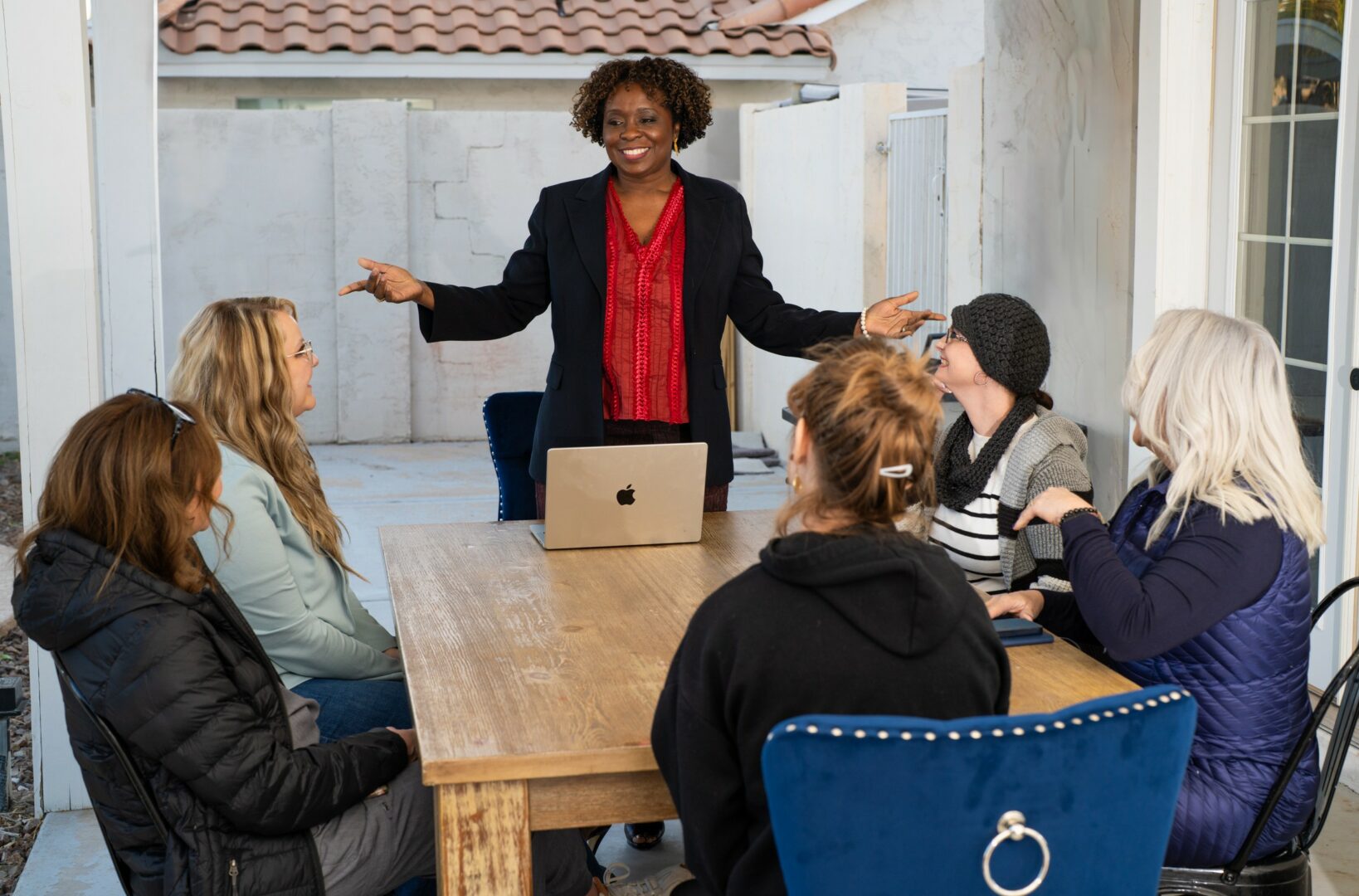We were lucky to catch up with Stephanie Vermaas recently and have shared our conversation below.
Stephanie, first a big thank you for taking the time to share your thoughts and insights with us today. I’m sure many of our readers will benefit from your wisdom, and one of the areas where we think your insight might be most helpful is related to imposter syndrome. Imposter syndrome is holding so many people back from reaching their true and highest potential and so we’d love to hear about your journey and how you overcame imposter syndrome.
When I launched my fashion brand, I had no formal fashion education, no industry connections, and no outside investors. It was a world that felt heavily gatekept, and imposter syndrome showed up constantly. But I pushed forward anyway—learning through experience, making mistakes, and building something from nothing.
Even with all of that, I was able to grow my brand into something global. It was stocked in major retailers like Revolve, Selfridges, and Harrods, featured in press, worn by celebrities—and eventually even followed by Rihanna. But despite all those wins, I still found myself wondering, “Do I really belong here?” That voice of self-doubt doesn’t just disappear when you start hitting milestones.
As my brand grew, I made the decision to open my own ethical garment manufacturing studio—not just to support my own production, but to create a more sustainable and transparent supply chain. That studio went on to support hundreds of other brands over the years, and looking back, that chapter laid the foundation for the work I do now as a mentor.
Before launching Start Your Fashion Business (SYFB), I was chosen out of 6,000 applicants to be mentored by Virgil Abloh—an experience that changed everything. And yet, even in that room, imposter syndrome still crept in. It was a reminder that every time you level up, those feelings of doubt resurface—not because you’re not capable, but because you’re growing into a new version of yourself.
I’ve since stepped away from both my fashion brand and manufacturing company to focus entirely on mentoring brand owners. And to be honest, even that has come with moments of questioning—Can I still lead in this space if I’ve exited my brands? But then I remember: I’ve spent 15+ years building and scaling brands, I’ve supported over 1,500 founders, and I’ve lived through every phase they’re going through.
To anyone feeling imposter syndrome: it’s not a weakness, it’s a sign of growth. It means you’re stepping into unfamiliar territory—which is exactly where transformation happens. Your past, your perspective, and your perseverance all matter. You don’t need permission to lead—you just need proof that what you’ve lived through can help someone else.
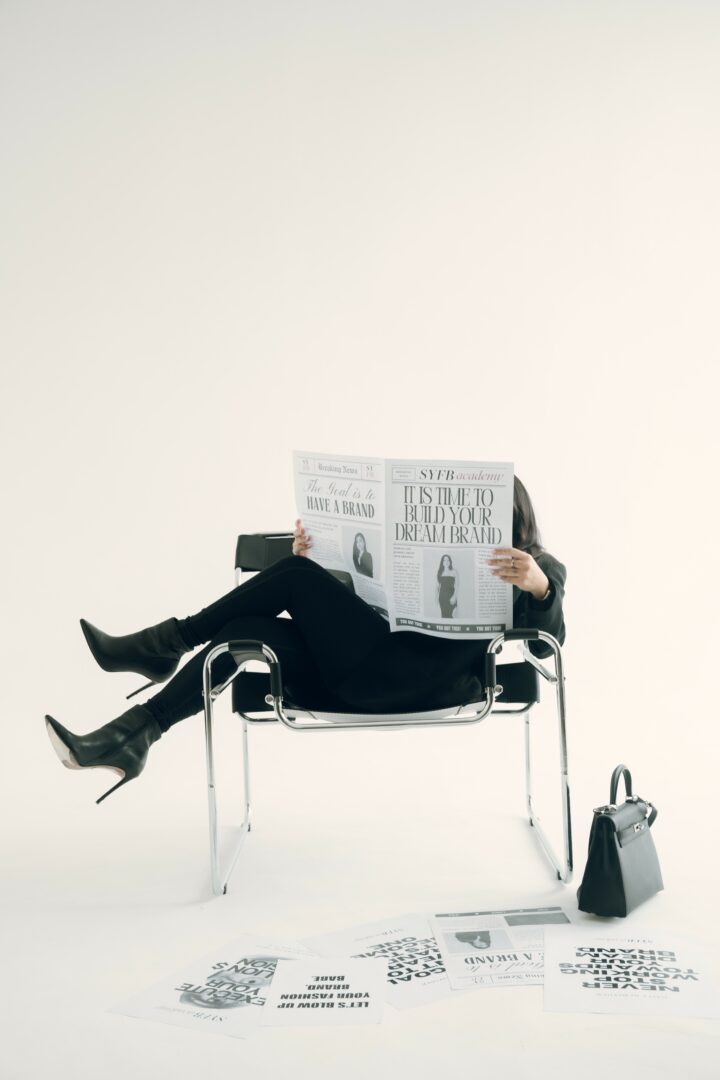
Appreciate the insights and wisdom. Before we dig deeper and ask you about the skills that matter and more, maybe you can tell our readers about yourself?
I’m the founder of Start Your Fashion Business (SYFB)—a global mentorship platform and education company helping aspiring and emerging fashion brand owners launch, grow, and scale with clarity, confidence, and strategy.
SYFB was born from my own journey in the fashion industry. I built a seven-figure fashion business that included not only my own globally recognized brand, but also an ethical garment manufacturing studio in Bali. I launched my brand with no fashion degree, no industry connections, and no investors—yet it landed in top retailers like Revolve, Selfridges, and Harrods, and was worn by celebrities including Rihanna, who went on to follow the brand. I was also honored to be featured in Forbes and mentored by Virgil Abloh, which was a full-circle moment that reminded me how powerful creative vision paired with strategy can be.
As my brand grew, I became deeply committed to sustainability and transparency in production, which is why I built my own factory—to ensure that my values aligned with my output, and to support other founders who lacked access to ethical manufacturing. Over time, I worked with over 750 brands behind the scenes—supporting their product development and production.
That experience laid the foundation for SYFB, which has since supported another 750 brand owners through our programs, tools, and mentorship. And when I became a mother in 2023, my perspective shifted. My daughter inspired me to think beyond short-term success—to build something that lasts, something that helps shape the future of fashion. I’ve since exited my brand and stepped down from day-to-day operations of my manufacturing company (though I remain a shareholder) to fully focus on my role as a mentor and founder of SYFB.
What we’re building now is bigger than a business—it’s a movement. We’re expanding our mentorship offerings, improving our signature Brand Incubator Program, and growing SYFB into the leading global community for fashion entrepreneurs. If you’re dreaming of launching your brand—or stuck trying to grow one—you don’t need to figure it out alone. That’s what SYFB is here for.
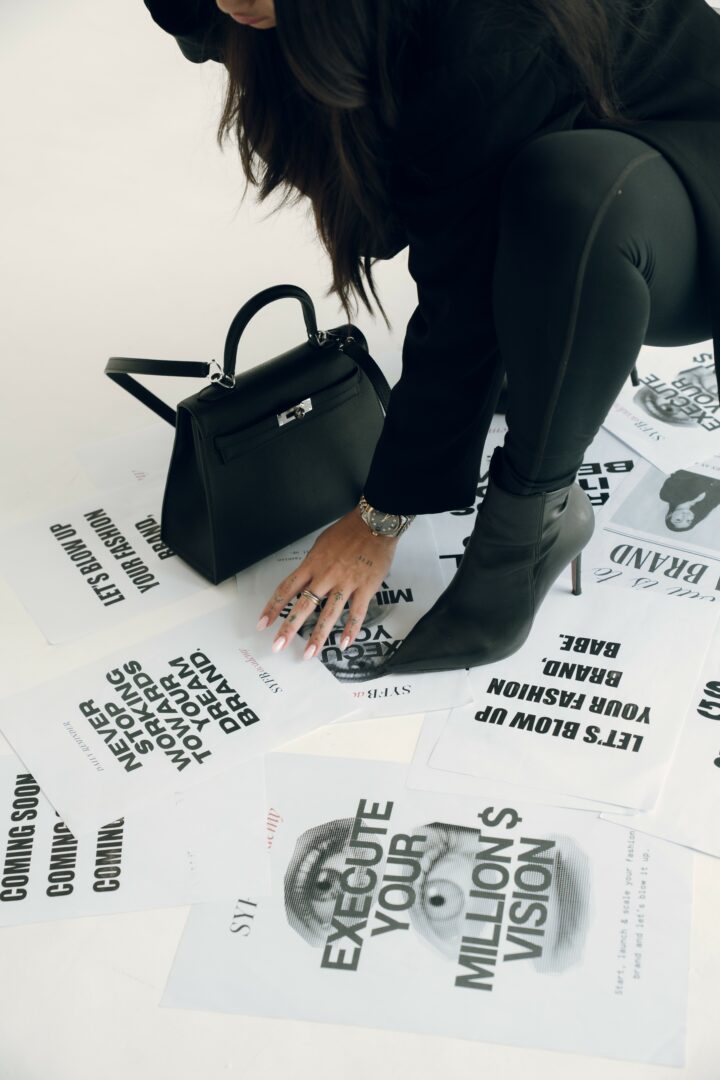
There is so much advice out there about all the different skills and qualities folks need to develop in order to succeed in today’s highly competitive environment and often it can feel overwhelming. So, if we had to break it down to just the three that matter most, which three skills or qualities would you focus on?
1. Strategic Thinking
When I launched my brand, I realized very quickly that creativity alone wasn’t enough. Strategy was the missing piece—and learning to think like a business owner, not just a designer, was what changed everything. You can have the best product in the world, but if you don’t understand your customer, your brand positioning, or how to go to market—you’ll stay stuck. That’s why inside SYFB, we lead with strategy first. Because without it, you’re building on shaky ground.
2. Resourcefulness (with Support)
I didn’t have it all figured out in the beginning—and no one does. But I was resourceful. I learned, tested, failed, and sought mentorship to help me navigate the gaps. What I’ve learned over time is that resourcefulness is powerful—but when it’s paired with the right guidance, it becomes unstoppable. That’s why trying to “figure it out on your own” can cost you years. I created SYFB to be the support system I wish I had when I started—so founders can move faster, smarter, and with more clarity.
3. Leadership
Running a fashion brand isn’t just about what you create—it’s about how you lead. You’re responsible for suppliers, timelines, creatives, your customers—and yourself. I had to grow into leadership before I ever felt ready. And most founders do. That’s why we focus so much on mindset, boundaries, and decision-making inside my programs. Because scaling a brand takes more than products—it takes personal growth, clarity, and confidence in your role as the CEO.
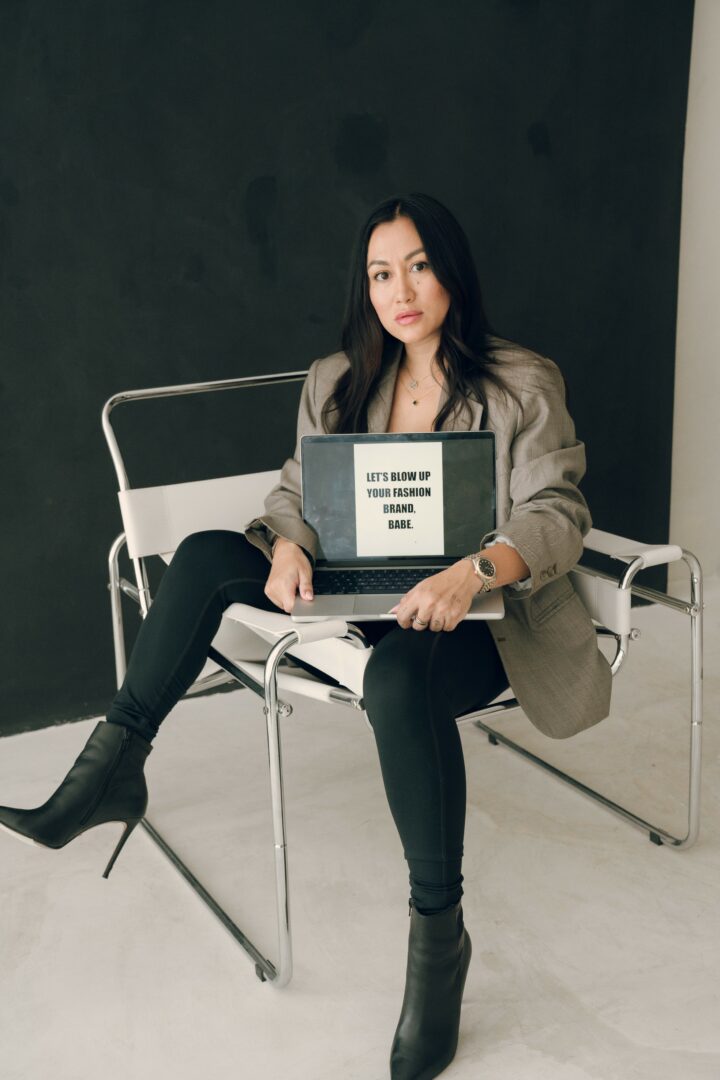
We’ve all got limited resources, time, energy, focus etc – so if you had to choose between going all in on your strengths or working on areas where you aren’t as strong, what would you choose?
I’m a big believer in going all in on your strengths—but not in isolation. Your strengths are what set you apart, and they’re often what bring you the most joy, energy, and momentum. That’s what you should build your business around. But in order to grow, you can’t ignore your blind spots. You don’t have to master every skill—but you do need to understand what’s essential and get the right support to fill the gaps.
When I launched my brand, I leaned hard into what I was good at: branding, creative direction, and storytelling. That’s what got us into major retailers like Revolve and Selfridges and attracted a celebrity following. But I had zero experience in production, budgeting, or logistics—and that almost broke me. I made mistakes that cost me time and money, simply because I didn’t know what I didn’t know.
That’s why I opened my own ethical garment manufacturing studio—because I wanted control, and I wanted to learn. That experience forced me to stretch beyond my comfort zone and become more well-rounded as a founder. But even then, I didn’t do it alone. I sought mentors, asked questions, and built systems. That’s also why I created SYFB—because I know how many creative founders get stuck in the same cycle: amazing ideas, but no structure.
So yes—double down on what makes you brilliant. That’s your power. But don’t let the areas you’re not strong in hold you back or sabotage your growth. The key is not doing it all—it’s knowing where to focus, and who to learn from.
That’s how you scale with confidence. That’s how you build a brand that lasts.
Contact Info:
- Website: https://www.syfb.co
- Instagram: https://www.instagram.com/startyourfashionbusiness
- Facebook: https://www.facebook.com/startyourfashionbusiness
- Linkedin: https://www.linkedin.com/in/stephaniesrikandi/
- Youtube: https://www.youtube.com/@STARTYOURFASHIONBUSINESS
- Other: https://www.threads.com/@startyourfashionbusiness
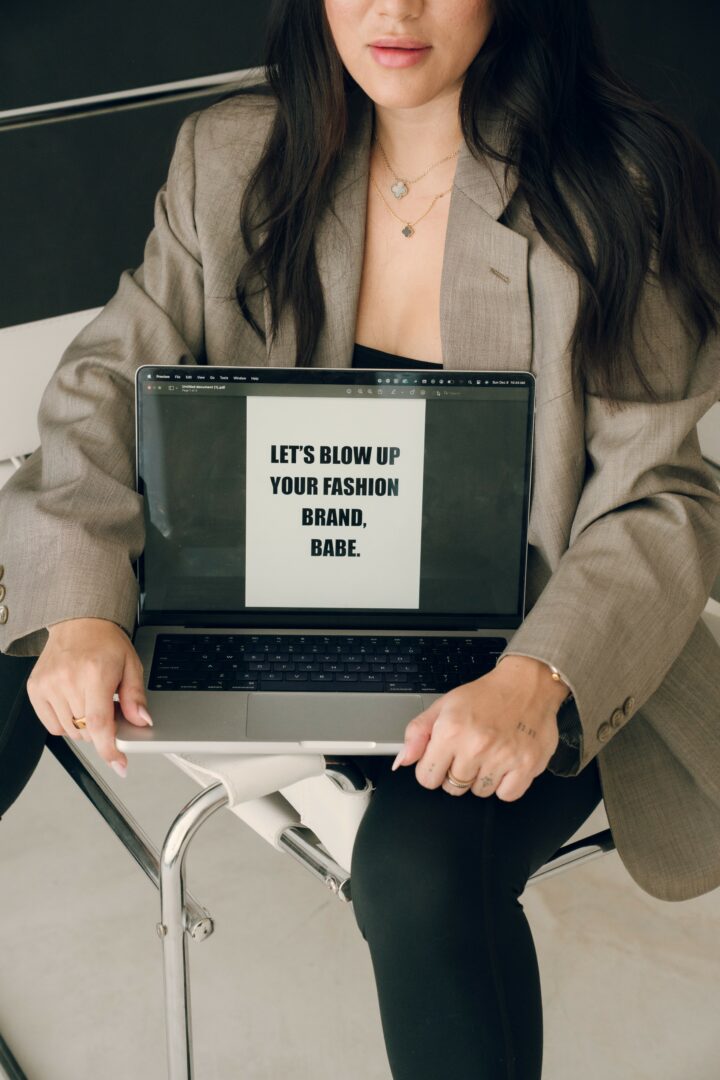
Image Credits
David Kristian & SYFB
so if you or someone you know deserves recognition please let us know here.

